Running the Colorado Marathon in Fort Collins and the Poudre Canyon is an exhilarating experience, set against the breathtaking backdrop of the Rocky Mountains. However, the high-altitude challenge can be daunting, even for seasoned marathoners. Altitude sickness often lurks as an unseen opponent, sometimes difficult to identify. This guide offers five practical tips to help marathon runners conquer altitude sickness and enjoy the race.
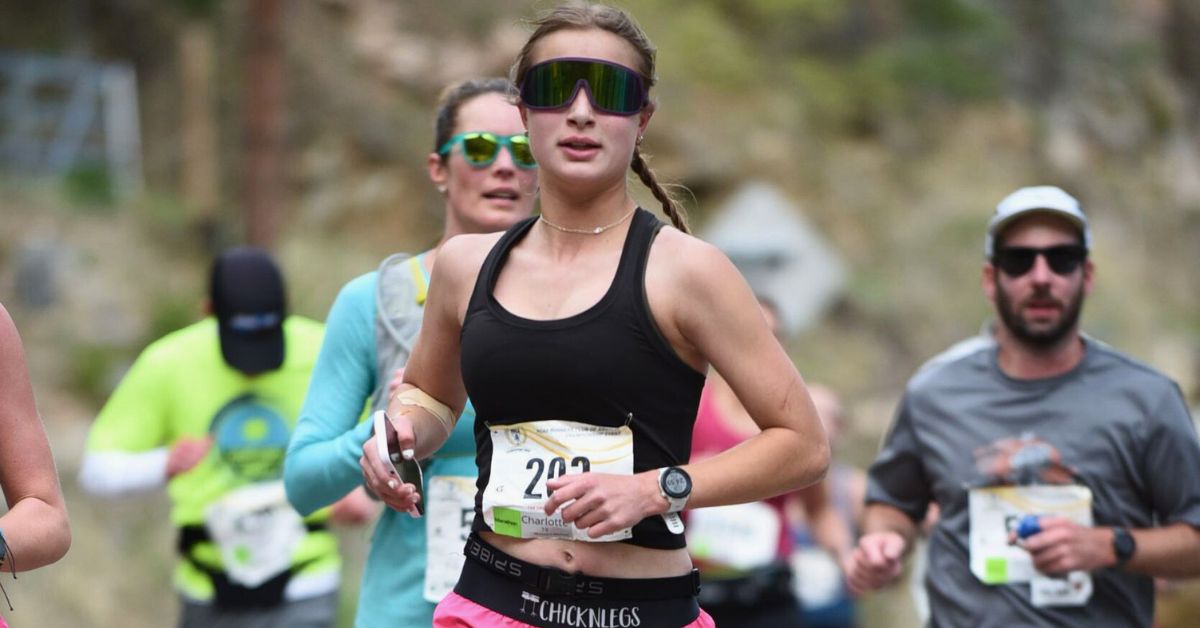
Understanding Altitude Sickness
Before lacing up your running shoes, it’s crucial to understand what altitude sickness is and why it poses a risk. As the Centers for Disease Control and Prevention (CDC) explains, altitude sickness occurs when your body struggles to adjust to lower oxygen levels at higher elevations. Symptoms like headaches, dizziness, and nausea can quickly turn a marathon into a grueling ordeal. For runners, this can mean a significant drop in performance or being unable to finish the race.
The Colorado Marathon’s picturesque route through the Poudre Canyon that descends into Fort Collins attracts participants from all over the country and beyond. However, those not accustomed to high altitudes may find themselves more susceptible to altitude sickness. The reduced oxygen availability makes it harder for the body to perform at peak levels, often leading to fatigue and shortness of breath.
Recognizing the symptoms early can prevent a minor issue from becoming a major setback. If you experience persistent headaches, nausea, or an unusually rapid heartbeat, it’s essential to acknowledge these signs and take appropriate action. By understanding altitude sickness, runners can better prepare for its challenges.
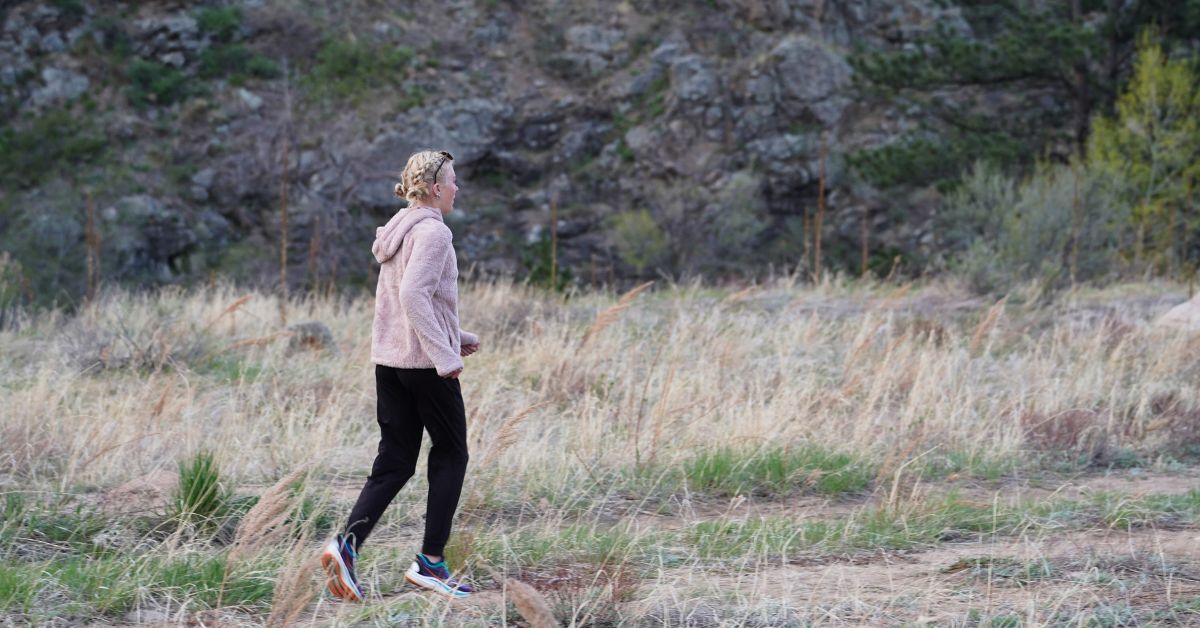
Acclimate to High Altitude
Arriving in Fort Collins a few days before the marathon will give your body time to adjust to the altitude. Studies suggest that spending two to three days at higher elevations can significantly reduce the risk of altitude sickness. Use this time to explore the beautiful surroundings of Fort Collins, check out the course, engage in light exercises, and allow your body to acclimate gradually.
Check out our affiliated hotels to book your stay ahead of the race!
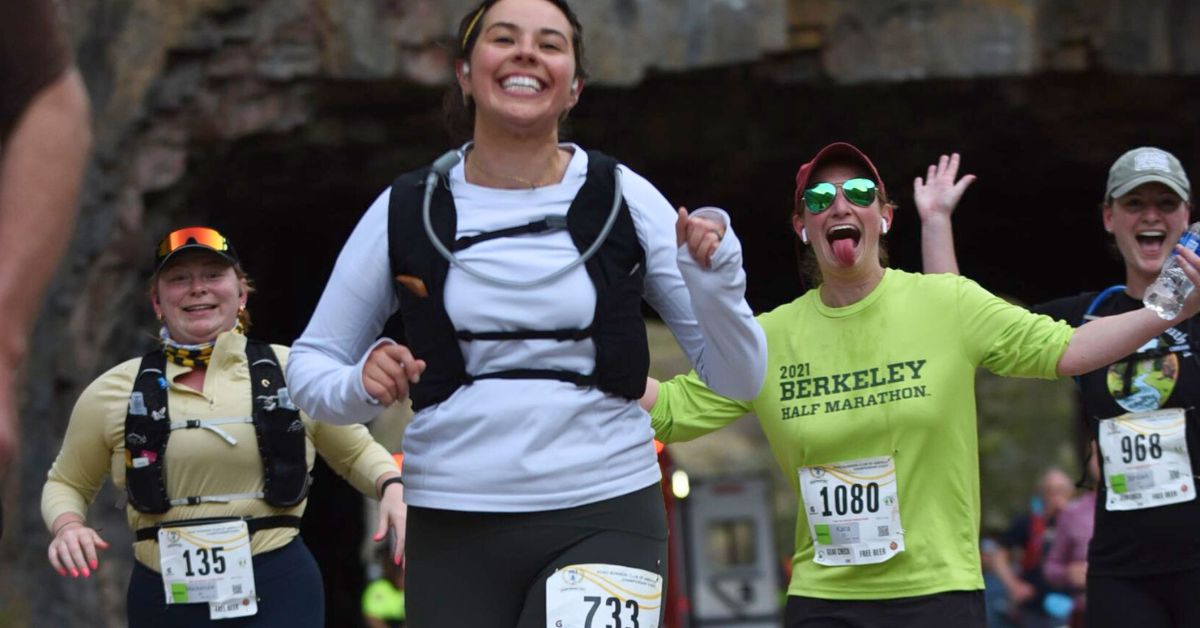
Stay Hydrated
Proper hydration is crucial when running at higher altitudes. At higher elevations, you lose moisture faster due to lower humidity levels. Aim to drink at least 3 to 4 liters of water per day in the days leading up to the marathon. Electrolyte-rich drinks can also be beneficial, as they help maintain fluid balance and prevent dehydration. Remember, staying hydrated helps your body acclimate to the altitude and enhances your overall performance.
The Colorado Marathon has 12 aid stations strategically located along the course where our volunteers provide participants with water, Gatorade, and other amenities to help keep them hydrated throughout the race.
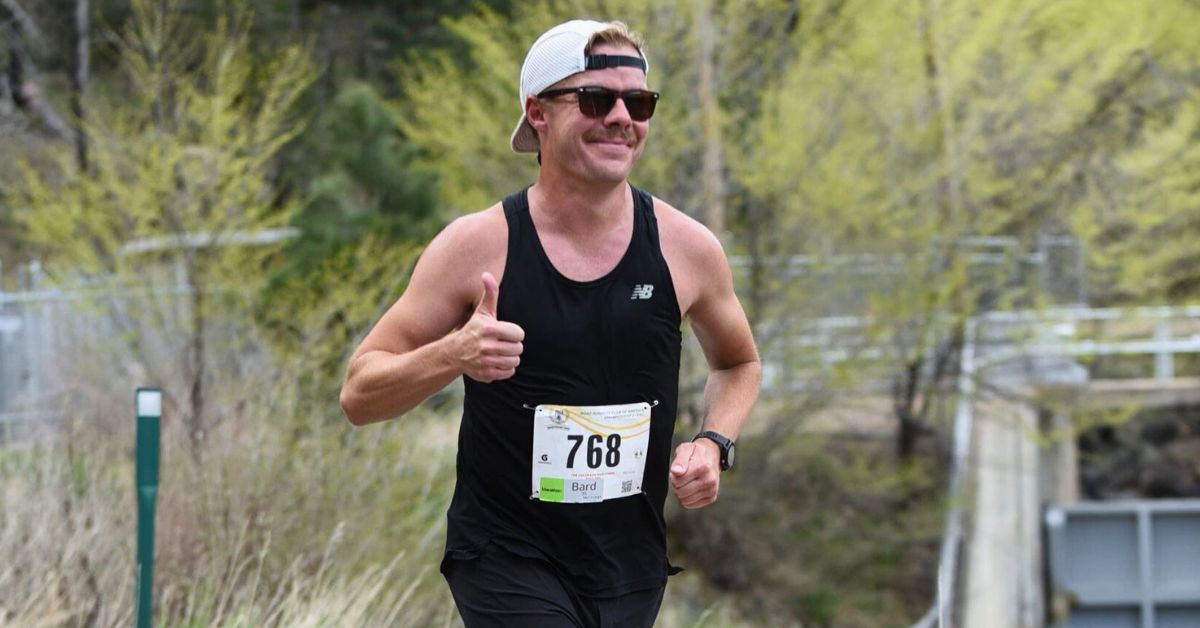
Train Smart
Training specifically for a high-altitude marathon demands a strategic approach. Start by gradually increasing your weekly mileage while incorporating elevation into your runs. This helps your body adapt to the physical demands of running at higher altitudes and improves your overall stamina.
Interval training is also a powerful technique that pushes your aerobic capacity to adapt to the challenges of a high-altitude race. Short, intense bursts of speed followed by recovery periods simulate race conditions, enhancing your body’s ability to perform under reduced oxygen availability.
Cross-training is another effective method to build strength and resilience. Activities such as cycling, swimming, and strength training improve muscular endurance without putting undue stress on your joints. This well-rounded approach ensures you’re prepared for the physical demands of marathon running in any environment.
Discover more training tips in our recent article, 4 High-Altitude Training Tips for Runners!

Listen to Your Body
Altitude affects everyone differently, so it’s essential to pay attention to how you feel. Symptoms like dizziness, headaches, or shortness of breath may indicate altitude sickness. If you experience any of these, slow down, rest, or seek medical attention if necessary. Trust your body’s signals and don’t push through discomfort; doing so could worsen your symptoms.
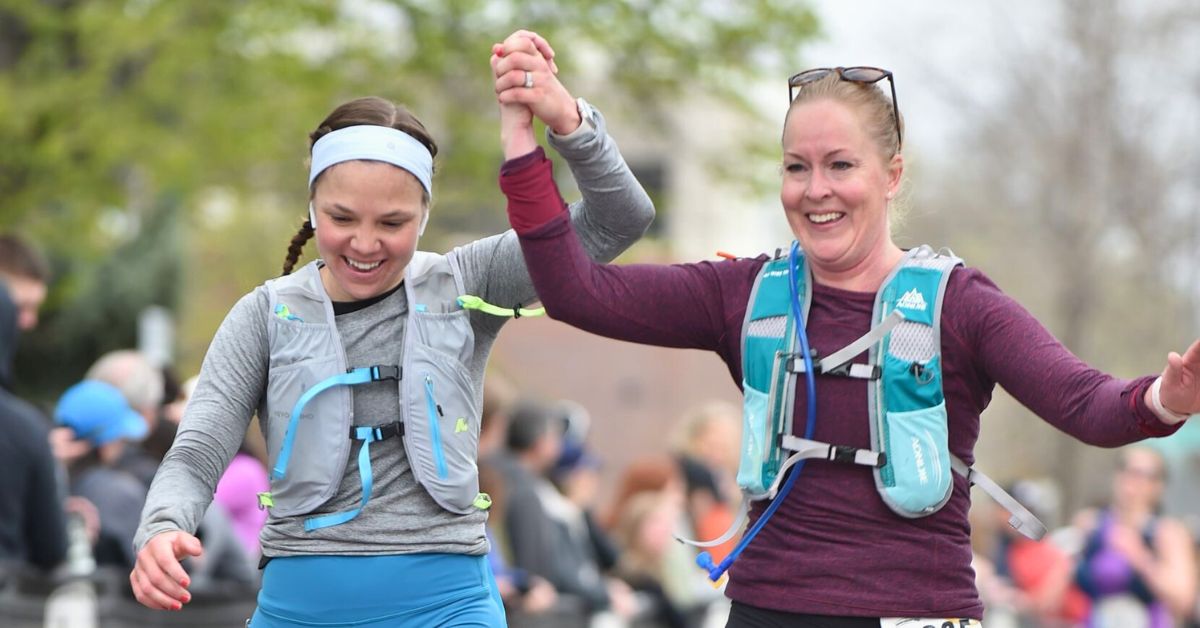
Fuel Properly
Nutrition plays a vital role in preparing for a high-altitude marathon. Consuming a balanced diet rich in complex carbohydrates, lean proteins, and healthy fats fuels your body for the challenge ahead. Foods like whole grains, nuts, and lean meats provide sustained energy and help in muscle recovery.
Iron is another essential nutrient to focus on when training for a high-altitude marathon. It aids in the production of hemoglobin, which transports oxygen in your blood. Including iron-rich foods such as spinach, beans, and red meat in your diet can enhance your body’s ability to cope with lower oxygen levels.
In addition to a balanced diet, consider incorporating supplements that promote endurance and recovery. B-complex vitamins and antioxidants can help reduce oxidative stress, which is intensified at higher elevations. Consulting with a nutritionist can provide personalized recommendations tailored to your specific needs.
Tackle the Colorado Marathon With Confidence
The Colorado Marathon in Fort Collins offers an unparalleled opportunity to test your limits amidst stunning natural beauty. By implementing these high-altitude marathon tips, you can minimize the risk of altitude sickness and maximize your performance. Remember to acclimatize, stay hydrated, and nourish your body with the right nutrients.
With the right preparation, you can tackle the challenges of high-altitude running with confidence. Whether you’re a seasoned marathoner or a first-time competitor, these strategies will help you conquer the course and achieve your personal best. Prepare diligently, trust in your training, and look forward to a rewarding marathon experience. We’ll see you at the upcoming race!
Check out the race details for our upcoming event and register for this exhilarating race today!
Stay tuned for more training tips for runners and updates from the Colorado Marathon team. Share your training experiences with us on social media using #ColoradoMarathon!